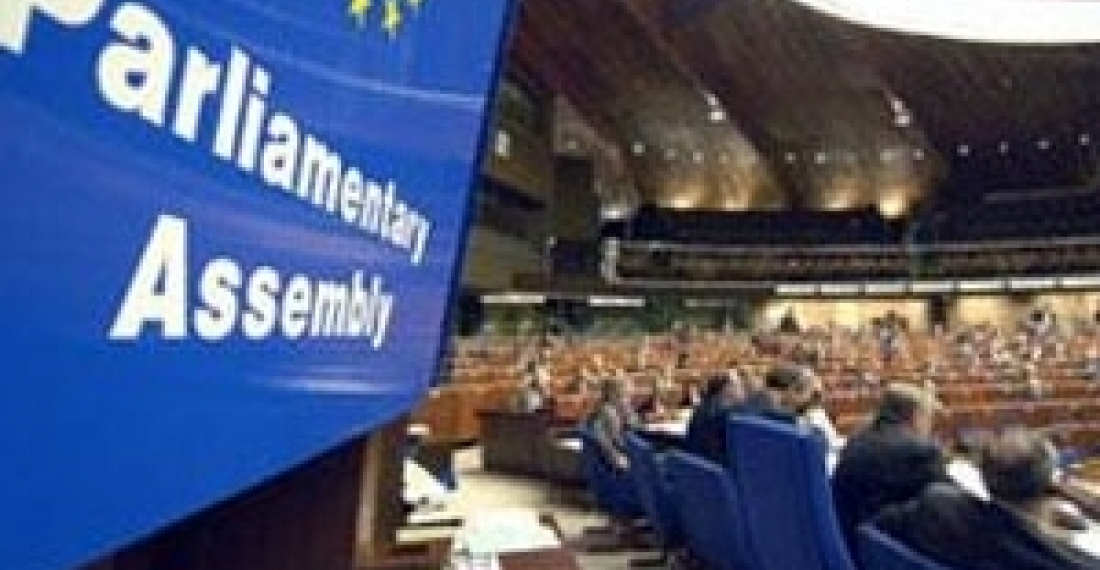PACE has adopted a Resolution on Prenatal Sex Selection in Armenia, Albania, Azerbaijan, and Georgia.
The Committee on Equal Opportunities for Men and Women presented the resolution based on the Swiss parliamentarian Doris Stump's report on prenatal sex selection. The report points out the horrifying number of cases of prenatal sex selection in some countries, particularly, in Albania, Armenia, Azerbaijan and Georgia. The report says that the ratio of boys and girls in the first three countries is approximately 112:100, and in Georgia - 111:110. The resolution advocates studying the reasons of this phenomenon, and suggests that all members of the Council of Europe should forbid doctors to inform the parents of their babies' sex in advance.
The European parliamentarians said that sex selection and abortion are instances of discrimination against women and disrespect for their dignity. They stressed the need to break the cultural barriers urging parents to abort embryos if they are girls. Parliamentarian from Luxembourg Lydie Err said that this war is not against girls but against women. It is a kind of gendercide.
She said that though, at first glance, it looks like a demographic problem, in reality, it is a social bomb of delayed action. So, it is necessary to understand why people prefer boys to girls and to fight this in order to overcome cultural relativity and disproportion between boys and girls.







